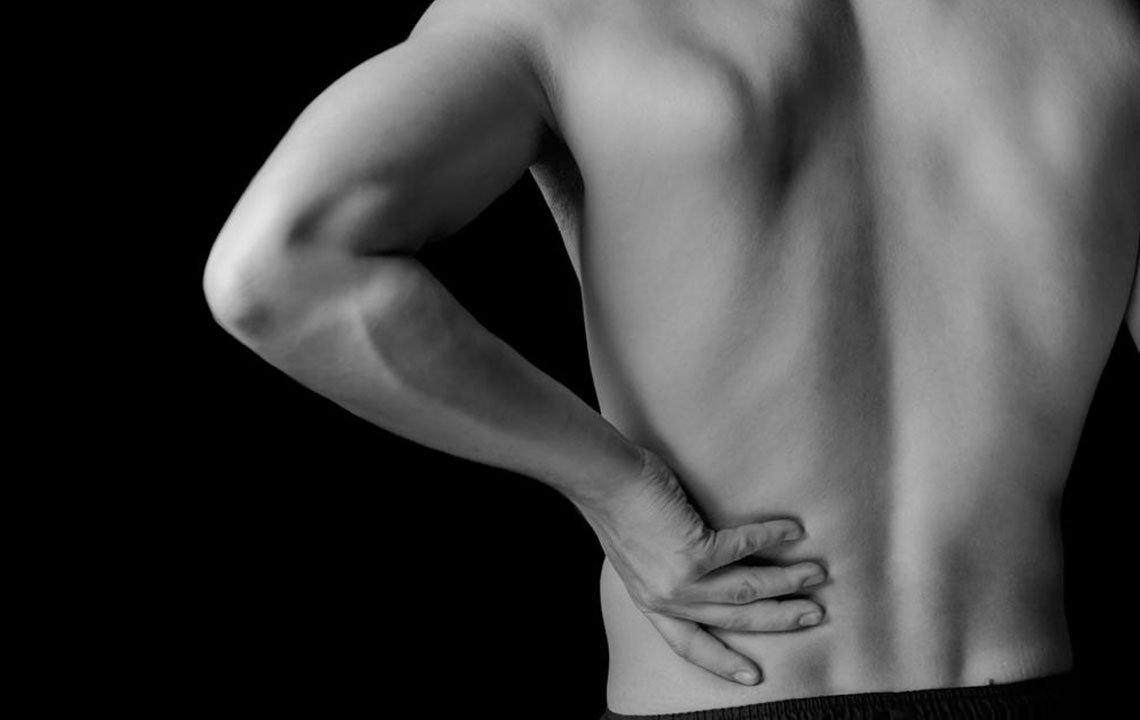Top Causes of Left-Side Back Discomfort and When to Seek Help
Explore the main causes of left-side back pain, including muscle strains, spinal issues, and internal organ conditions. This guide helps identify symptoms and advises when to seek medical attention, ensuring timely treatment for persistent discomfort. Understand common triggers and diagnostic methods to better manage back health and know when professional intervention is necessary.

Common Causes of Discomfort on the Left Side of the Back
Statistics show that nearly 80% of individuals in the United States experience discomfort in the lower left area of their back at some point. There are various reasons behind this pain. Minor issues like muscle strains often resolve on their own, but persistent pain should prompt a visit to a healthcare professional. Below are the three main causes of pain on the left side of your back that you should be aware of.
Muscle Strain
One primary reason for left back pain is muscle strain.
When back muscles are overstressed due to falls or strenuous activity, pain can occur. Often, torn muscles are responsible. Doctors will review your medical history and examine for symptoms such as:
Muscle weakness
Signs of muscle rupture
Discomfort during movement exercises
Tenderness in the area
Typically, back pain from muscle strain is intense but diminishes within days.
Backbone and Structural Issues
Should the pain not stem from muscles, it may involve spinal structures. Common issues include:
Facet joint problems
Sacroiliac joint instability
Lumbar disc herniation
In such cases, your healthcare provider may perform:
Neurological assessments
Leg lift tests
Reflex evaluations
Imaging tests like X-rays, MRIs, or CT scans might be ordered to pinpoint the exact problem.
internal Organ Conditions
Though rare, internal organ issues can cause left-sided back pain and include:
Pregnancy
Pancreatitis
Kidney infections or stones
Gastrointestinal conditions like ulcerative colitis
Gynecological concerns
Understanding your recent medical history helps determine the cause, and imaging studies may be necessary to confirm internal organ involvement.
Note:
The information provided on this platform covers diverse health topics with practical insights. While the content is based on thorough research, it should not replace professional medical advice. The website team isn't responsible for inaccuracies or differences across sources. Readers are encouraged to consult healthcare professionals for proper diagnosis and treatment options.










